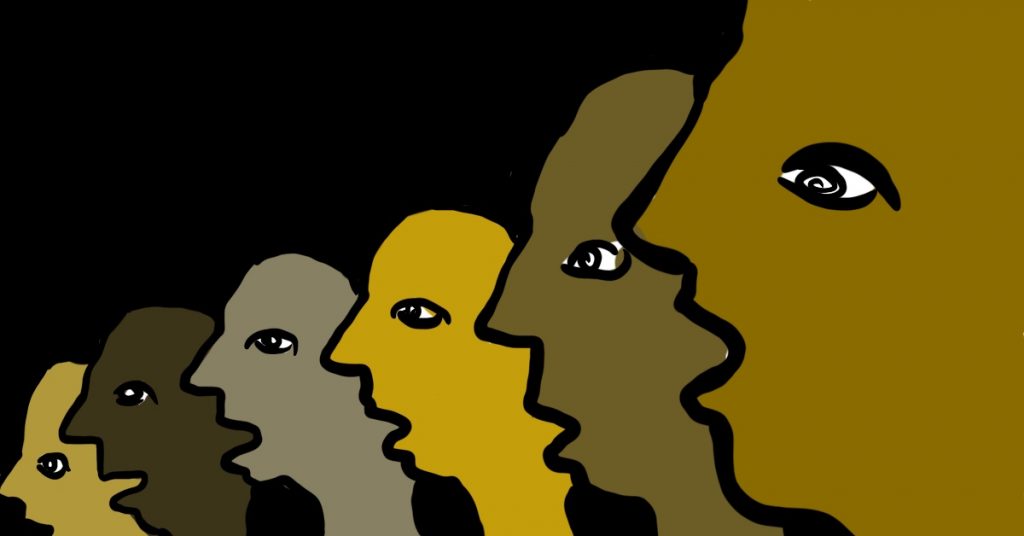Upcoming Workshop of the 2021 DGSKA Online Conference „Welten. Zonen. Atmosphären. Seismographien des Anthropozäns“ 27 – 30 September 2021
Organized by Nasima Selim and Judith Albrecht

30 September 2021 Session 1. 13.30-15 CET Session 2. 17-18. 30 CET
Register here to attend the conference or send us an email if you are interested to attend our workshop
Breathing is a powerful biosocial metaphor for our current global condition. How we breathe is shaped and influenced by living and working conditions, climate crisis and environmental degradation, and our emotional and psychological states. We hardly discuss this existential process publicly, or acknowledge that although everybody breathes, we all breathe differently (Choy 2020). Toxic air is breathed by the urban poor more than others (Harper 2004). (Neo)colonial structures of inequality make it impossible to breathe (Fanon 1986). Breathing is also deeply politicized in the public call for racial justice (Thompson 2020). In pandemic times, Fanon’s anti-colonial argument and the movements for racial justice remind us how systemic oppression intersects global public health (Kundnani 2020). Biosocial breathing thus becomes a “matter of moving relations” (Solomon 2020, 5) across care, sociopolitical and ecocritical public arena. How do we decolonize these relations so that collective breathing becomes equitable? The Racial Capitalocene (RC) (Vergès 2017) argues for shifting the focus away from universal human responsibility to examine the intersections of race, gender, capitalism and (neo)colonialism in climate crisis and environmental degradation (that make collective breathing inequal). As a critique of the Anthropocene, RC also opens up epistemic and political spaces for marginalized publics and silenced scholars across the global south and north. This workshop invites anthropologists interested to decolonize collective breathing in conversation with the Racial Capitalocene and rethink public anthropology intersectionally (Crenshaw 1991), furthering a postcolonial critique of our discipline (Conrad and Randeria 2013), resisting the politics of silencing that separates the “academic” from the “political” (Nader 2019, 82).
Bibliography
Choy, Timothy. 2020. “Distribution.” In Anthropocene Unseen: A Lexicon, edited by Cymene Howe and Anand Pandian, 105-109. California: Punctum Press.
Conrad, Sebastian, and Shalini Randeria. 2013. “Einleitung: Geteilte Geschichten – Europa in einer postkolonialen Welt.” In Jenseits des Eurozentrismus. Postkoloniale Perspektiven in den Geschichts- und Kulturwissenschaften, edited by Sebastian Conrad, Shalini Randeria, und Regina Römhild, 33-70. Frankfurt: Campus Verlag.
Crenshaw, Kimberle. 1991. “Mapping the Margins: Intersectionality, Identity Politics, and Violence against Women of Color.” Stanford Law Review 43(6): 1241-1299.
Fanon, Frantz. 1986 [1952]). Black Skin, White Masks. London: Pluto Press.
Harper, Janice. 2004. “Breathless in Houston: A Political Ecology of Health Approach to Understanding Environmental Health Concerns.” Medical Anthropology 23 (4):295-326.
Nader, Laura. 2019. “Unravelling the Politics of Silencing”. Public Anthropologist 1 (1): 81-118.
Thompson, Vanessa. 2020. “Black Feminism.” Last access September 9, 2020.
Vergès, Françoise. 2017. “Racial Capitalocene.” In Futures of Black Radicalism, edited by Gaye Theresa Johnson and Alex Lubin, 80-89. London: Verso.
